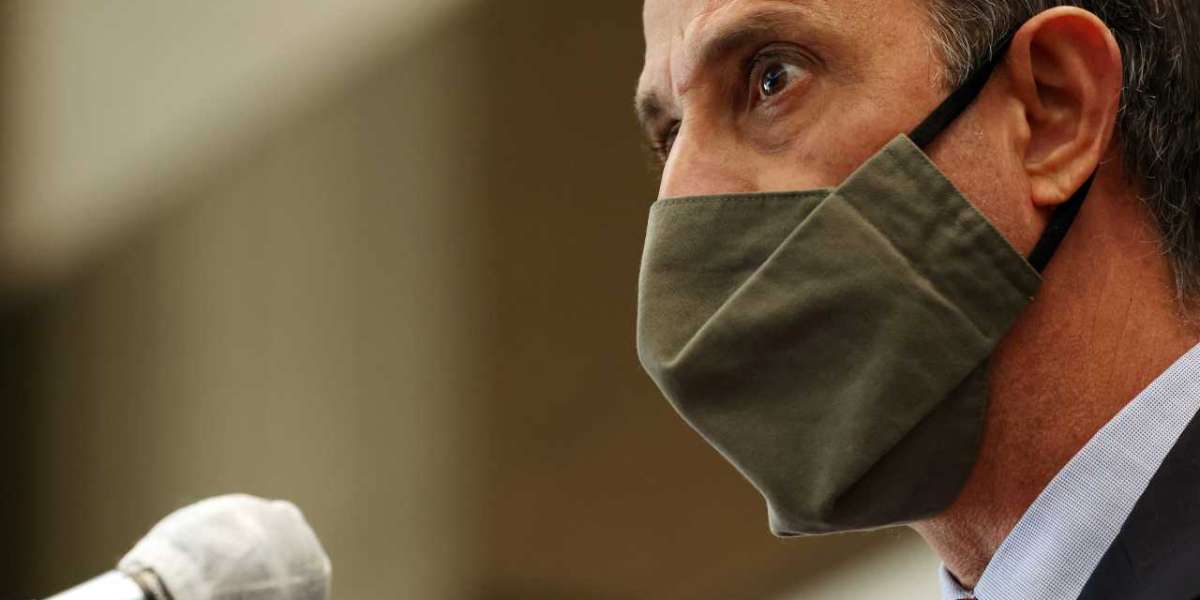The independent investigator for human rights in North Korea for the United Nations has called on China and Russia to avoid forcefully repatriating North Korean refugees and to adhere by the rules of UN agreements against refoulement of asylum seekers.
In his report, which will be presented to the United Nations Human Rights Council on March 21, Tomas Ojea Quintana, the UN Special Rapporteur on the Situation of Human Rights in the Democratic People's Republic of Korea, expressed his concerns about the perennial but important issue of North Korean nuclear weapons.
Approximately 1,500 North Koreans "are expected to be held in China as 'illegal migrants,' and they are at risk of being repatriation to their home country once the border reopens," Ojea Quintana said in his final report before his tenure expires in July this year.
The UN Special Rapporteur on the situation of human rights in North Korea has also received information that three North Koreans seeking refuge are being held in the North Korean embassy in Vladivostok, Russia.
By maintaining a consistent presence in the region, including "frequent contact" with China, South Korea, and the United Nations High Commissioner for Refugees, Ojea Quintana claims to have achieved some headway in averting the forcible repatriation of North Korean refugees.
However, the UN special rapporteur "remains concerned that the key parties have not agreed on a comprehensive solution to assure protection and to offer safe passage to escapees," according to the UN special report.
According to Ojea Quintana, the "principle of non-refoulement" under international human rights law should be applied to North Korean refugees who are "at danger of significant human rights violations upon repatriation," and explicitly called on China and Russia to do so.
According to the Office of the United Nations High Commissioner for Human Rights, the principle of non-refoulement guarantees that no one should be returned to a country where they would face retribution, including "torture, cruel, inhuman or degrading treatment or punishment, and other irreparable harm" (OHCHR). "The concept applies to all migrants at all times, regardless of their immigration status," says the statement.
China and Russia are expected to comply with the United Nations Convention against Torture (UNCAT), as well as the 1951 Refugee Convention and its 1967 Protocol, which ban refoulement, as States Parties, according to the UN Special Rapporteur on Torture (UN Special Rapporteur on Torture).
According to Ojea Quintana, citing the UN High Commissioner for Human Rights report, "severe human rights abuses on repatriation" have continued in North Korea.
The human rights situation is deteriorating.
In the report, the UN expert stated that he has "witnessed a further worsening of the human rights situation" in North Korea "during the six years that he has been carrying out his mandate," which has been since 2016.
The COVID-19 pandemic, "regular natural disasters," and the negative impact of economic sanctions are the factors that have exacerbated human rights abuses in North Korea, but "these events can also be viewed as a symptom of the (North Korean) government's failure to enact meaningful reform," according to the UN Human Rights Council.
Specifically, Ojea Quintana stated that the regime of Kim Jong-"political un's will" is required in order for the regime to "take action to execute the recommendations of the United Nations human rights system," which includes the universal periodic review.
North Korea should "immediately spend the greatest available resources, including via international collaboration, to guarantee that fundamental necessities are addressed," according to the UN Special Rapporteur on the situation in North Korea. While doing so, Obama expressed his displeasure with Pyongyang's decision to redirect "resources from social and economic goals" to military spending.
North Korea's harsh lockdown measures, according to the UN Special Rapporteur on Human Rights in North Korea, have aggravated the country's human rights situation, food crisis, and people's livelihood, as well as tightened the regime's grip over the population.
This is especially true according to the report, which states that "the highest priority, at this time, is that members of the United Nations Country Team, diplomats, and humanitarian groups be allowed back into the country" so that humanitarian assistance may be resumed.
Providing food aid to North Korea has been on hold since March 2021, according to the World Food Programme (WFP). Medicines to treat TB, which is a highly contagious illness that causes 16,000 fatalities per year in North Korea, are "at risk of becoming depleted," as are polio vaccinations, according to the United Nations.
In light of this, Pyongyang should examine whether the COVID-19 shutdown limits are "necessary, reasonable, non-discriminatory, time-bound, and transparent," as required by international law and the UN Charter.
The provision of vaccinations as a stepping stone
OPINION: The Kim Jong-un administration should progressively expand its borders and negotiate measures to "guarantee the full COVID-19 immunization for the whole population" with the international community and UN organizations, according to Ojea Quintana
The United Nations expert has suggested on numerous occasions that the international community could provide 60 million doses of vaccinations for the entire North Korean population in order to facilitate the reopening of the border and the resumption of in-person interactions between the two countries.
Ojea Quintana also stated that a "new way of thinking" is required in order to address the human rights situation in North Korea, emphasizing that the provision of vaccinations might serve as a "gateway to larger dialogues" with North Korean officials.
It will take vision and action, motivated by the needs of the North Korean people rather than any other goal, to achieve this. It necessitates taking deliberate actions toward involvement."
A key criticism in the study is that the international community and UN member states "have displayed a continuous collective lack of political will to seek leverage on human rights in a consistent, principled, and effective manner," as stated by Ojea Quintana.
The UN Special Rapporteur on the situation of human rights in the DPRK stressed that the international community should reject the widely held belief that "human rights concerns can only be addressed after a process of denuclearization and trust-building opens up opportunities for such sensitive issues to be broached."
According to Ojea Quintana, "this strategy has been and will continue to be a prescription for impasse and perpetuating the status quo in the country's dismal human rights situation." "The people of North Korea are deserving of better."



